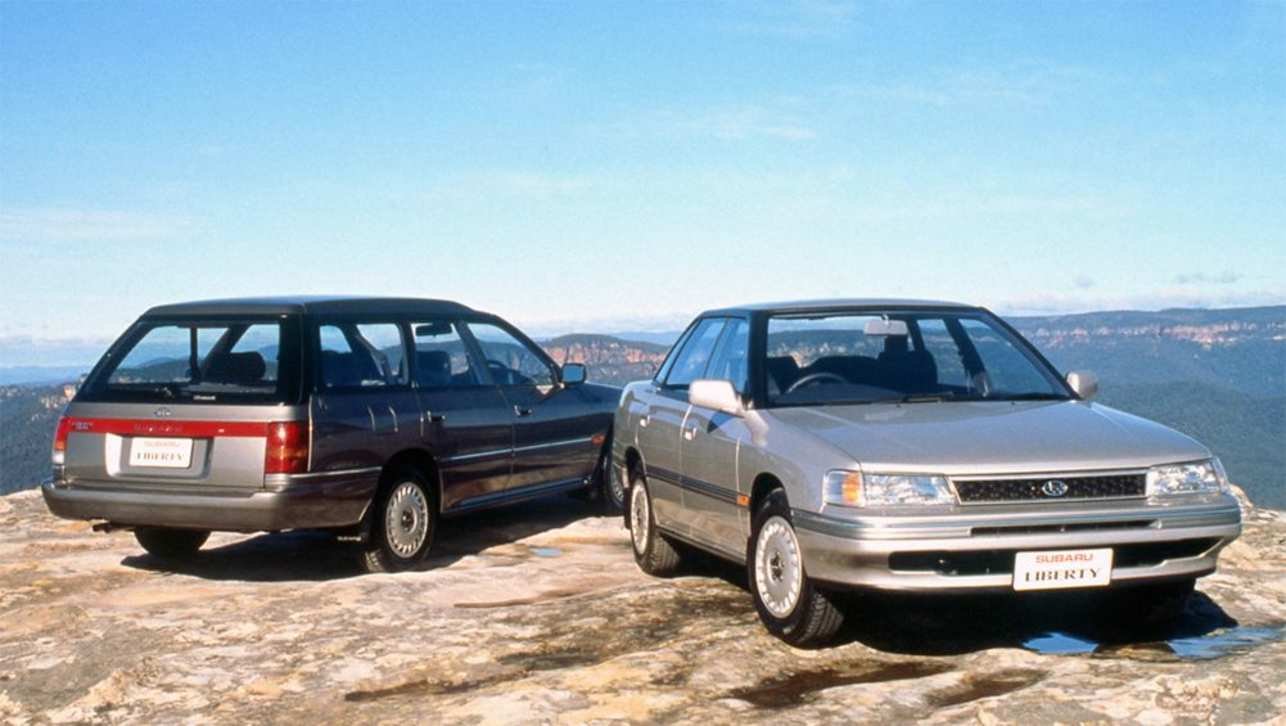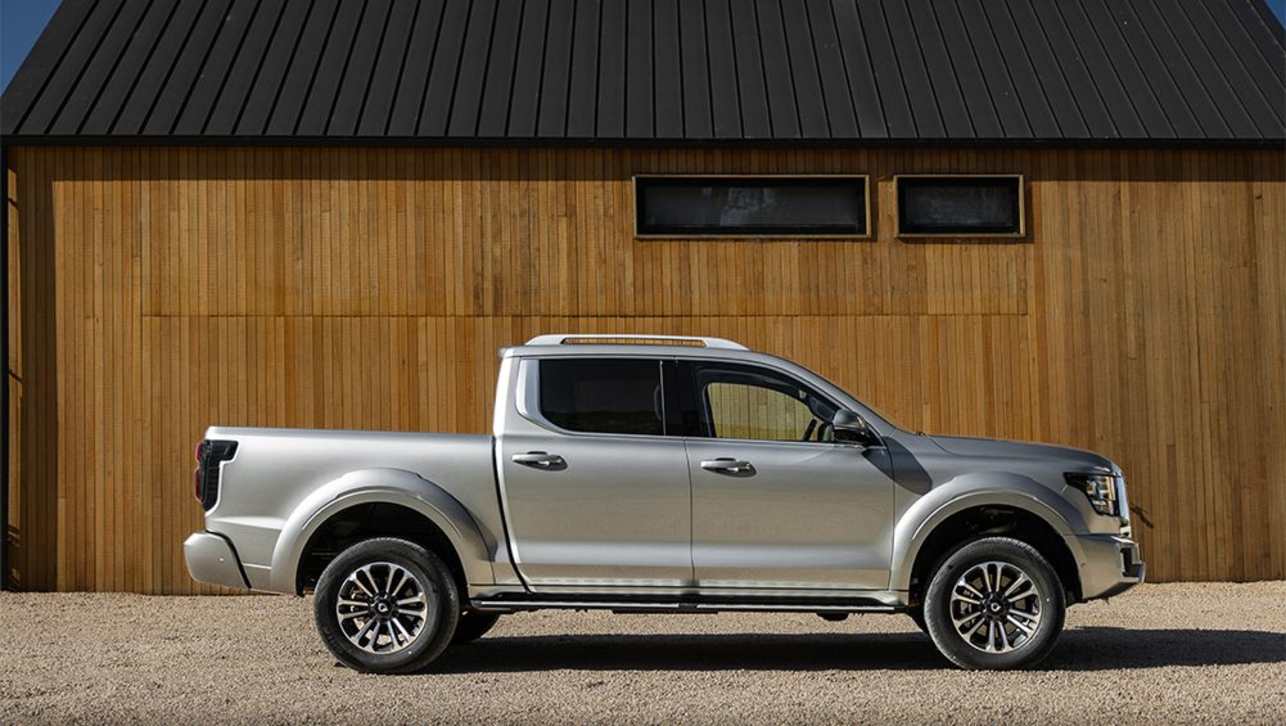Even an economical compact like the Hyundai Getz pokes a $100 hole in the weekly budget.
If your taste runs all the way up to a lumbering Toyota LandCruiser, the bill is going to be more than $300 every week once you include everything from insurance and registration to servicing, fuel and – the big ones most people overlook – interest and depreciation costs.
And that’s just in an ordinary year. Australia is gripped by a recession and that means motoring costs need a careful look.
Some people have been forced to cash their luxury toys to keep going, more families are looking to downsize to limit the pain of their outgoings, and even first-car buyers are taking the microscope to their financial columns before making a commitment.
There are lots of ways to save money on motoring, from your car choice to how and when you use it. Here are the basics:
The start of any car purchase is always the same: price.
The best way to save is to downsize – that could be from a LandCruiser to a Getz, although more likely from a Commodore to an Astra – or to go for a cheaper choice from the start.
Once you have a target, savings start by buying the right way at the right time. That means shopping a variety of dealerships for the best price, always concentrating on the crucial ‘changeover cost’ and not just the on-road price of the car you are buying; then swooping at the end of the month, when dealers are desperate to bank sales against their incentive targets, and being prepared to take a car that is in stock instead of waiting and paying for a preference.
Top tip: go for a popular model because there will be more dealers and more stock, and be prepared to take a stock car to get the best break on delivery costs and the purchase price.
Secondhand shopping takes even more research, since you need to know the price spread of the car you want, the difference between auction, private sale and dealer prices, and the sort of condition to expect. The internet is the best resource, but also talk to friends and be prepared to get out and see private-sale cars to really test the market.
Top tip: buy private if you are confident in finding a bargain, but always get a motoring club checkover. And swoop with cash.
Check the prices for comparative cars, look for free advertising in websites and local papers.
Make sure the car is well detailed, freshly serviced, and has a current roadworthy to snare a buyer. And be prepared to meet the market on price.
Also check with friends to see if there is any interest, since they can be best for a quick sale at a realistic price.
Top tip: only go down the trade-in road if you are in a hurry or have a car which will take a lot of work to sell.
DRIVING:
The best way to save money on motoring is to park the car.
So spare a thought before every trip, and decide if there is a chance to walk or bicycle or even car pool for commuting or kiddie-drop duties.
For longer trips, plan ahead on the right time and the right route to cut congestion and improve economy. As well as cutting stress.
Top tip: Try and travel midweek because there will be less traffic and cheaper fuel.
There are so many fuel choices in 2009 that it is easy to save on your energy bill.
LPG is cheapest, and conversion costs have come down, but the majority of Japanese brands do not recommend their engines for LPG because it does not give enough lubrication for the values. Also consider the impact on luggage and people space from an LPG tank and try to find the latest liquid-injection system for your vehicle.
Diesel is a slightly greener fuel and promises great economy and long runs between fill-ups, but when the premium over unleaded jumped to 30c a litre it meant three years before any real return on the extra cost over petrol power. The diesel differential has dropped during the recession, but it will go back once industry improves.
There are many grades of unleaded and ethanol blends are the best bet, provided your engine is suitable. The current limit is 10 per cent and that’s fine for almost all motors, with Holden and others leading the way on E85 ethanol fuel – now also used in V8 Supercars – as a renewable boost to unleaded stocks.
Top tip: always refuel before 7pm Wednesday, when pump prices rise, and get the lowest grade compatible with your engine.
The right rubber and the right pressure can bring surprising benefits, even cutting noise on the highway.
Keep tyres properly inflated to cut rolling resistance, rotate them around the car to even the wear, and keep an eye on wear patterns – in case they need balancing or adjustment of the wheel alignment – to stop premature wear.
Top tip: shop around the bulk stores for the best price, and check the wear indicator – every tyre has one – to ensure the maximum mileage for your needs.
Many people bought new cars through the 1990s with the extra equity in their home loans, and it’s still a great way to get a low interest rate. But it also puts extra pressure on any household’s biggest expense.
Credit unions are usually the best balance for rates and service, although more car brands are using their inhouse finance services to package deals and help with salary sacrifice choices.
Top tip: always shop for finance and don’t rule out a dealer’s deal because they can sometimes package the price and payments.
Protecting your investment can be a massive cost, particularly for inexperienced drivers. It’s vital to shop around for the best deal, and sometimes it’s even worthwhile to set lower sights for a new car to save on insurance – a GT costs more than a shopping trolley.
There are ways to get discounts, from safe driving courses to experience in company cars, as well as packaging coverage to your needs, location and the vehicle’s use.
Top tip: try and package insurance costs, either with the rest of the house-and-contents coverage or with parents’ existing cover.
Keeping a car going well is not cheap, but the best idea is to get ahead of the game. That means keeping the vehicle properly maintained, not just waiting for things to wear-out or break before you pay for repairs.
Scheduled services are vital for a new car, but you can save by getting the work – apart from warranty – done at a qualified but non-authorised service centre. Some brands have fixed-price deals to keep you in the network, but don’t be afraid to shop around.
For other bills, including tolls and even cleaning, consider the costs against the benefits; an E-Tag is convenient but cashing your change could be cheaper, keeping a car clean and tidy pays off at trade-in time, a sunscreen prevents costly damage to dashboards and faded seats.
Top tip: always think of servicing as heath insurance for your car.




.jpg)










.jpg)

.jpg)







W.jpg)

.jpg)


Comments